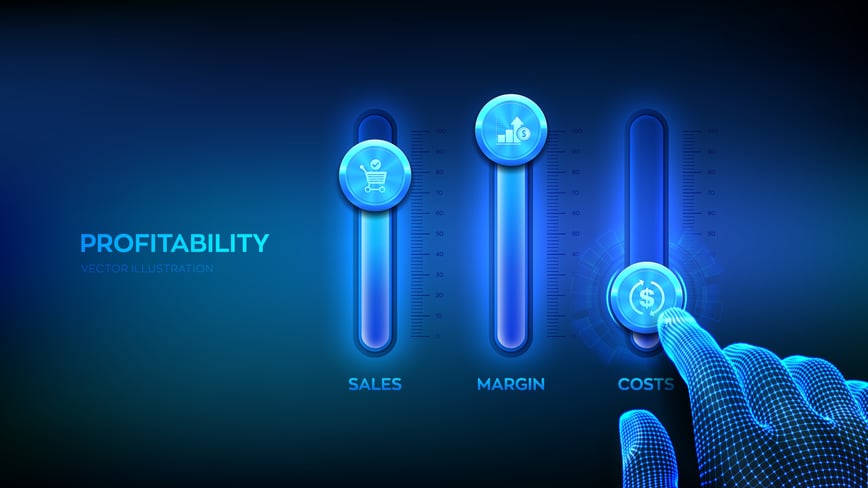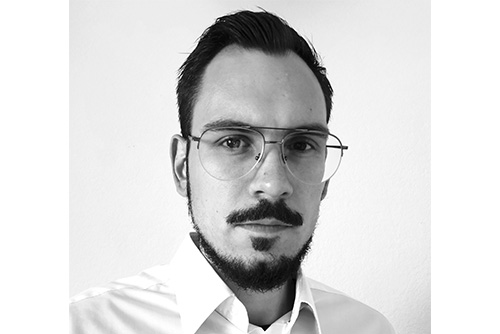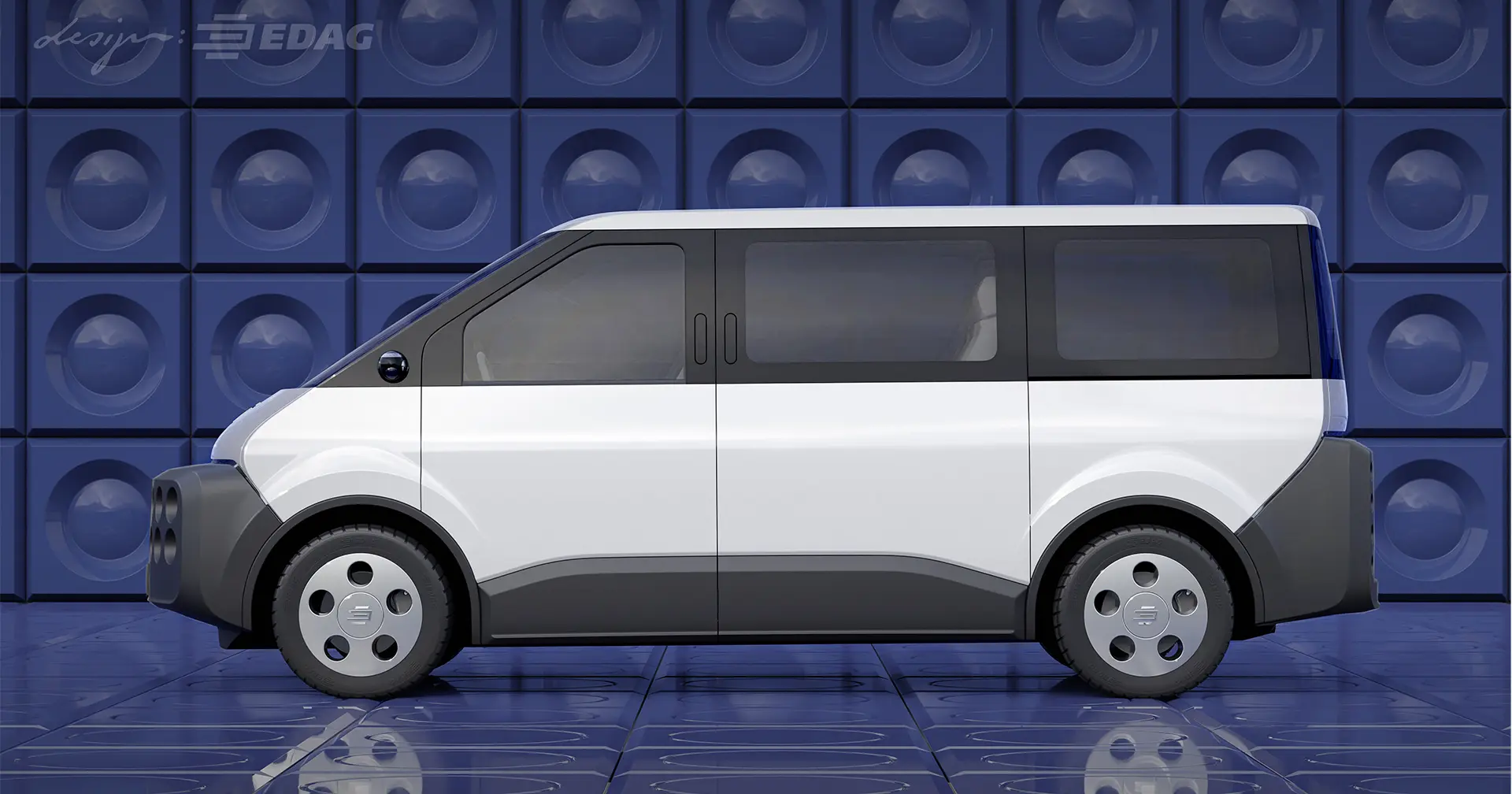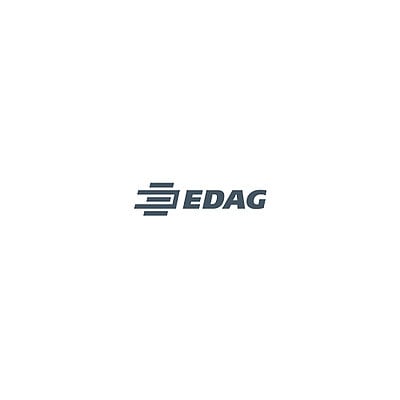Given the increasingly digital nature of our living and working environments and the ongoing digitalization of vehicles, aftersales in the automotive industry must also change. A new concept created by EDAG PQC and EFS Consulting brings together product development, new business models, service concepts for startup companies, and sustainable life cycle management. This means that aftersales can pay greater attention to customer satisfaction.
While between 2011 and 2013, the Federal Office for Motor Vehicles (KBA) issued 528 recalls, during the period 2019 to 2021, there were almost 1,800 – a more than threefold increase in eight years. At the same time, the number of vehicles concerned also grew. In 2021, for instance, some 3.4 million vehicles had to be taken in for repairs, an increase of around twelve percent compared to the previous year.
At the top of the list came driver assistance systems. With just over 20 recalls, they were the reason for 750,000 vehicles being returned to the repair shop, closely followed by interior protective devices such as seat belts and airbags, which caused some 110 recalls. Besides these, problems with engines or exhaust gas treatment and the electrical system (each accounting for more than or just under 600,000 cases) were by far the major triggers for recalls.
In a search for the structural causes of this development, which is affecting the entire industry, the following five points emerge as the greatest influencing factors:
- The increasing complexity of vehicle electronics and equipment
- Higher speed of development due to increasing competitive pressure
- Shifts within the value chain and globalization
- Cost pressure vs. product quality
- Modular and identical parts strategy

Given the advances in digitalization, there is no reason to expect any decrease in the growing complexity of vehicle systems in particular. Nor is it possible to completely eliminate the other four points. But how can an intelligent solution be found to stem the flood of recalls and the considerable redress costs these create, and have to be paid to repair shops and vehicle owners?
Basic solutions possible
The experts from EDAG Engineering and EFS Consulting joined forces to do just this. EFS Consulting is one of the largest independent management consultants in Austria, and has a workforce of some 300 employees worldwide. Although the Vienna-based consulting company has its roots in the automotive segment, it now also assists companies in a number of other sectors in their transformation processes. EFS Consulting is responsible for the strategic components of the newly developed concept.
The EDAG department involved was Product Quality & Care (PQC), which has been developing and supervising aftersales concepts since 2005. Other areas dealt with by EDAG PQC include repair support, optimizing redress costs, quality engineering and predictive maintenance, i.e. concepts aimed at preventing equipment failure.
The EDAG Group also develops vehicle concepts, parts and modules on behalf of vehicle manufacturers. Here, we have close contact with the OEMs, and know from practical experience where the real problems lie. As a result, the engineering service provider can offer to take an all-round, 360-degree look at the difficulties and act at practically any point in the value chain to tackle the root causes of product recalls and mitigate their consequences, such as redress costs.
How recalls can be reduced
Working together, EFS and EDAG have developed a concept aimed at taking the above-mentioned developments into account and then providing the appropriate answers. There are two main ways in which this concept differs from the traditional approach. The first is that it shifts the perspective from the product to the customer – ultimately, aftersales is regarded as customer relationship management. What does the customer want? First and foremost: to remain mobile. So how can his or her requirements be met efficiently (for the OEM) and easily (for the customer)? The second is that, throughout all phases, sight is never lost of the vehicle, so the aftersales concept is based on complete lifecycle management. How the number of product recalls might be reduced is also reflected in the solutions proposed.
The early detection of errors comes first here. This includes all measures that help to ensure that reports received from customers, dealers and service partners find their way to the relevant place in the company. Only if it is certain that no information is lost can the field situation be adequately depicted, and the appropriate measures taken.
Closely related to this is the creation of feedback to the development departments. Information concerning problems, especially if they occur frequently, must go straight to the development department – rather than waiting until there are clear signs of a production error. Other points include overall quality assurance for identical parts, supplier management and the consideration of both direct and indirect follow-up costs when weighing up cost reductions on the one hand and quality risks on the other.

Minimizing costs in aftersales
When it comes to the practical implementation, however, dealers and service partners must also be involved, because they, too, need support whenever there is a product recall. Effective support at this stage can also help to keep the follow-up costs as low as possible. This could include repair support, for example, or training concepts and technical workshops, but also efficient cooperation between repair shop operators or dealers on the one hand and the OEM on the other.
The high level of vehicle recalls in recent years should be a wake-up call, because they are damaging the entire sector. For this reason, efforts made to secure quality and reliability need to be intensified, and the way in which recalls are managed improved.
EDAG can apply its know-how and clearly defined processes at every stage of development and production, in this way helping to get to the root of existing problems, and so reverse the fatal development of the last few years. In addition, the company also offers concrete concepts to provide support in all matters relating to aftersales. Because there is still also a great deal of potential for optimization in the way service cases are handled, so as to reduce follow-up costs and ensure customer satisfaction.
If you would like to know more about the cost reducing aftersales concept developed by EDAG PQC and EFS Consulting, speak to Moritz Kimpel, project manager in EDAG Engineering's Aftersales department. Or download our white paper "The Aftersales Strategy Determines the Follow-Up Costs", which goes into the details of the causes of and solutions to the recall problem.





